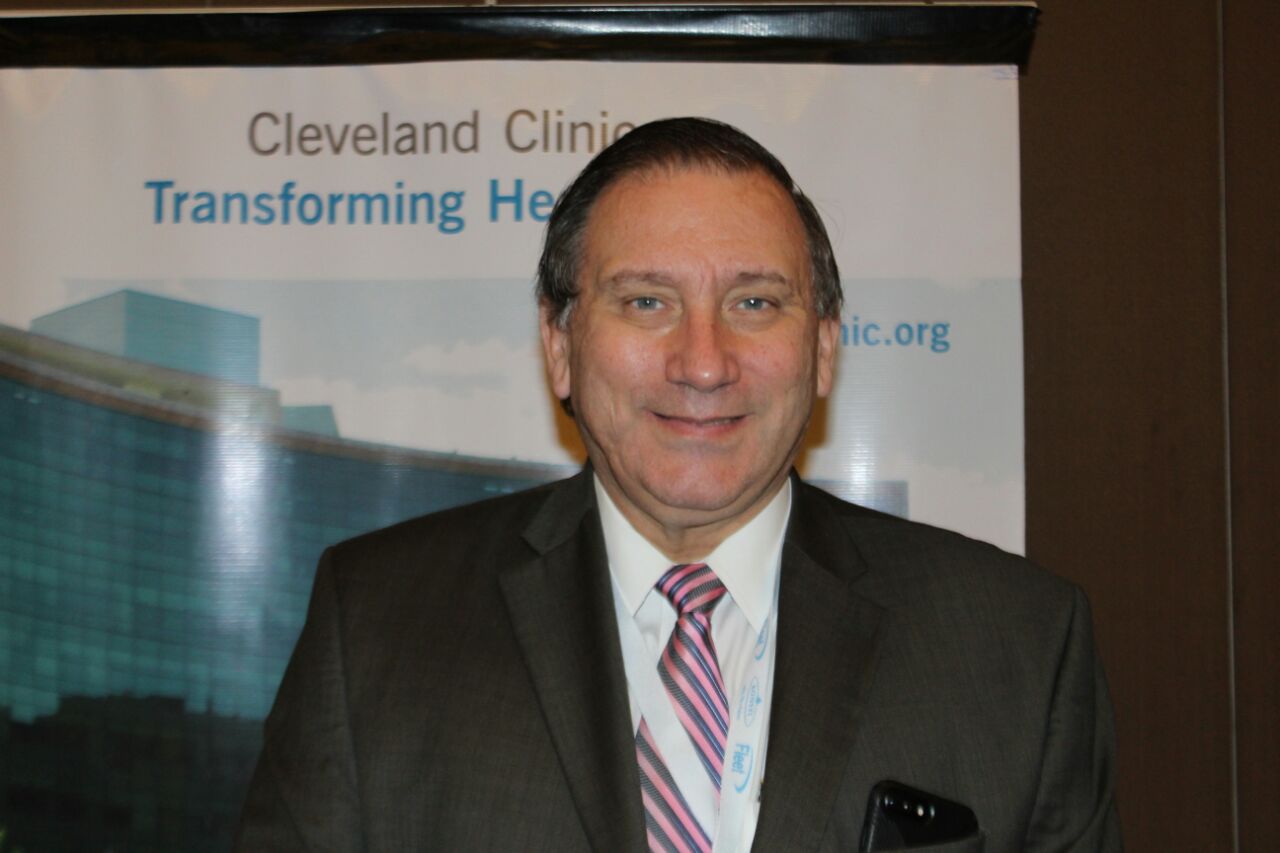Unfortunately, younger patients and their doctors ignore the symptoms due to age. Last year 1,489 Dominicans were diagnosed with colorectal cancer, according to figures from the World Health Organization (WHO).
Santo Domingo.– In general, rectal cancer affects people at a more advanced stage of their lives; however, doctors are noticing a disconcerting tendency for rectal cancer in younger patients.
The average age of diagnosis has decreased from 67 to 63 years. Also, an increasing number of young people between 30 and 40 years are being diagnosed with rectal cancer.
Dr. Juan Nogueras, a colorectal surgeon at Cleveland Clinic Florida, explains that there are some possible reasons, but there is currently no definitive answer.
The theory is that rectal cancer comes from an accumulation of mutations that can become cancerous over time; therefore, it is believed that the risk of cancer increases with age.
The increase in incidence in younger patients is not due to medical check-up since the American College of Gastroenterology recommends a first colonoscopy at age 50.
“We know that younger people with genetic risk factors, inflammatory bowel disease, or ulcerative colitis have an increased risk. However, these higher-risk groups have not been included, so they do not contribute to this new trend, ” said Dr. Nogueras.
The concern is the growing number of middle-aged adults with rectal cancer who do not have these risk factors.
“Unfortunately, younger patients and their doctors ignore the symptoms due to age. If there is a change in bowel habits, abdominal pain, rectal bleeding, ask your doctor for a colonoscopy”, advises Dr. Nogueras.
Forecast
The earlier it is diagnosed, the better. In stages 1 or 2, if the cancer is limited to the wall of the intestine and has not spread to the lymph nodes, more than 90% of patients can be cured. If you progress to stage 3, cancer has spread to the lymph nodes, and the cure rate decreases to 67%.
In stage 4, cancer has spread to the liver or lungs; Only 10% of these people are still alive in five years.





